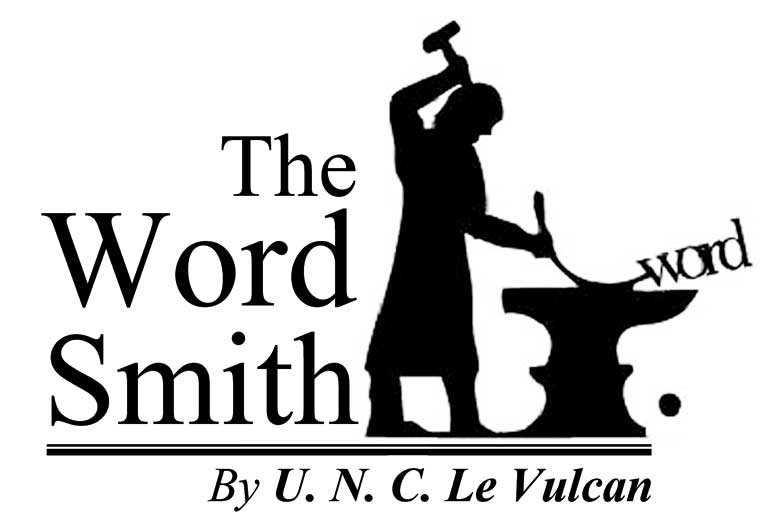Sunday Feb 15, 2026
Sunday Feb 15, 2026
Saturday, 8 August 2020 00:09 - - {{hitsCtrl.values.hits}}

So you were expecting a curfew to be imposed in the aftermath of the poll? You’re so cynical, so typically Sri Lankan! So much so that you’d be forgiven for assuming that ‘curfew’ as a word or even a practice was an invention of our island race…
After all, Ceylon’s first ‘lost generation’ (born 1920-39) had plenty of experience of it. From the ‘hartals’ of the 1950s and ’60s, to the State crackdowns on JVP insurrection in 1971, it was a favoured response to civil strife. And the height of curfew – often weeks or even months-long – was in the dark days of the late 1980s, with the Government fighting wars on two fronts.
But far from it! To be precise, it’s as far away as Colombo is from Coventry. In fact, it was that other island race – the British – who issued the first ‘curfew order’ in modern history. That was over 100 years ago, way back in 1918, in the time of the First World War. It was when the British Board of Trade ordered shops, pubs, restaurants and other establishments of custom to ‘put out their lights’ at 10.30 p.m. each night in order to save fuel…
And the origin of the word is from across the Channel from Old Blighty. It derives from the Old French ‘couvre-feu’ (‘cover-fire’). The word itself is a compound of the Middle French ‘covrir’ (cover) and ‘feu’ (fire).
It was supposedly William the Conqueror who decreed that all fires should be covered at the ringing of the eight o’clock bell to prevent raging conflagrations in English towns built of timber, although the practice caught on like a fire in Medieval Europe too. Soon after the Norman Conquest, it became ‘curfeu’ (Middle English); and later took the form ‘curfew’ (Modern English).
When open or hearth fires were no longer regulated, the ringing of an evening bell on the Continent, which required people to be off the streets and ensconced in their homes, was still referred to as ‘covrefeu’. After being borrowed into medieval English, the word came to refer to restrictions on movement. Even today, this usage is extant in common parlance:
The argot of alcoholic adults – ‘My curfew is midnight, machang! The little woman expects me home by that time, or else lockdown will become locked-out!’
The lingo of lovelorn teenagers – ‘In vain no, that your parents slammed a curfew on you this weekend?’
The jargon of governments – ‘A police curfew will be imposed in the district from…’
The last words
Coventry – Cathedral township in the UK’s West Midlands. To be ‘sent to Coventry’ is schoolboy jargon (Brit.) for punishing someone by a code of silence.
Cynical – From the Greek ‘kunikos’ (like a dog). The Greek Philosopher Antisthenes, a contemporary of Plato, founded the School of Cynics (‘Kynosarges’), whose acolytes (‘kynikoi’) were reputed for their surly, snarling nature – taking a bite at other philosophies!
Hartal – An act of defiance against government or protest at a prevailing political situation. From the Hindi ‘hāt’ (shop) and ‘tālā’ (lock).
Old Blighty – Colonial reference to England. In the 19th-C., Crown officials posted to the Colonies (India, especially, where the phrase originated), would look forward to being posted back to ‘Blighty’ (from the Hindustani ‘bilayati’ – or ‘home’… at least, according to Robert Graves in his classic: ‘Goodbye To All That’).